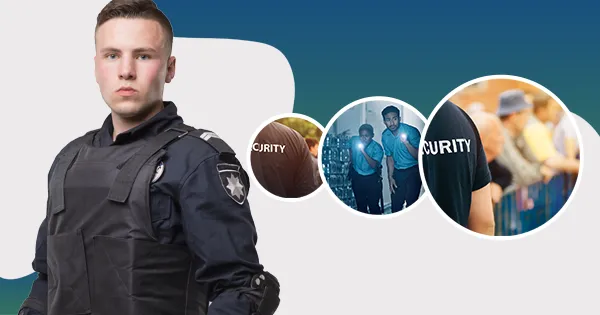Special events, whether they are corporate gatherings, concerts, or community celebrations, rely heavily on effective planning to ensure smooth execution. One of the most critical elements behind any successful event is security. Without professional security measures in place, the safety of guests, staff, and assets cannot be guaranteed.
The Importance of Security Services at Events
Security services play a vital role in managing crowd control, preventing unauthorized access, and handling emergencies. Trained professionals are equipped to identify potential risks before they escalate, ensuring a safe and enjoyable experience for everyone present. Choosing a trusted provider of Security Services in the UK can make all the difference when it comes to maintaining order and peace of mind at special events.
Coordination with Venue and Staff
Event security goes beyond just having guards at the entrance. Security teams often work closely with event organizers and venue staff to map out entry points, evacuation routes, and surveillance areas. This collaboration helps in creating a well-structured plan that minimizes risks and ensures guests’ safety.
Supporting Venue Safety and Maintenance
A secure environment is also closely linked to proper venue upkeep. For instance, ensuring that lighting systems, access points, and emergency exits are fully functional requires ongoing support. Partnering with experts in Building Maintenance in the UK ensures that potential hazards are addressed, complementing the efforts of the security team.
Conclusion
Behind every successful event lies the unseen work of dedicated security professionals. Their presence not only protects guests but also builds confidence among organizers and participants. By combining security expertise with proper venue maintenance, event hosts can create a safe and welcoming atmosphere that allows everyone to enjoy the occasion without worry.


